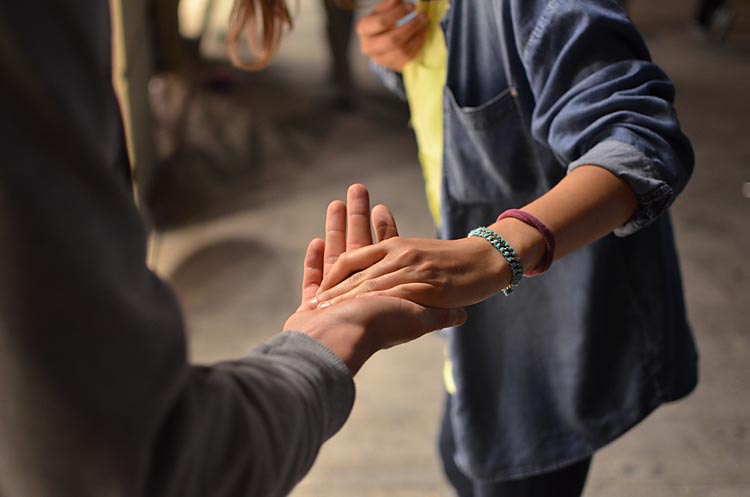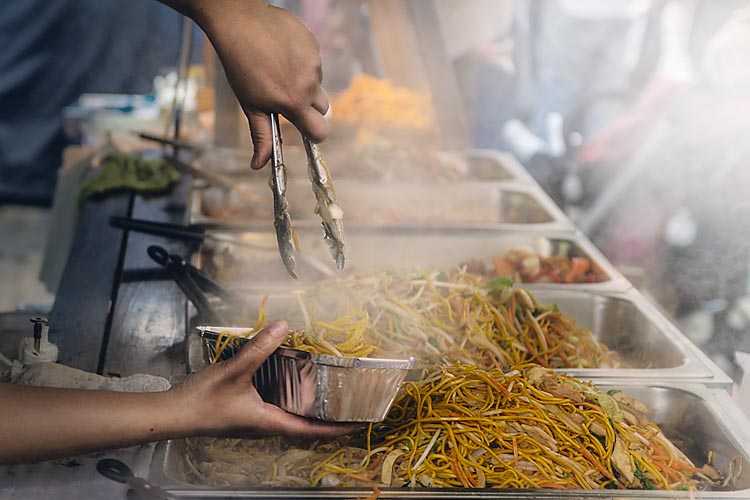Preparing Volunteers for Domestic Violence Shelter Work
RAFT Team, November 25, 2019
Many people make time to volunteer at a shelter, especially during the holidays. While the extra hands are very much appreciated, most volunteers are not familiar with the challenges most survivors face. You can put them to work with facility work, work that is always needed. (We cover a list of ideas here.) They can clean, organize, cook, bake treats, and help with childcare. Depending on your shelter setup, this could mean little interaction with your survivors.
Guide Your Volunteers
If your volunteers will work directly with your survivors, consider giving them a Dos and Don’ts Quick Guide to ensure their time is beneficial to all involved. We’ve pulled this list of Don’ts from a best practices manual for Domestic Violence Programs supplied by the National Center on Domestic and Sexual Violence (NCDSV) (p24-25).
When working with survivors, volunteers DON’T:
- Don’t tell them what they should do.
- Don’t badmouth the abuser.
- Don’t make promises you can’t keep.
- Don’t play the role of “rescuer.”
When working with survivors, volunteers DO:
- Make time for them
- Listen without judgment
- Believe them
- Validate their feelings
- Respect their privacy
- Empower them

When we stand with survivors, we're helping them get back on their feet and grow into a healthy and confident new life. Unfortunately, this “help” occasionally has negative effects, even if we are well-intentioned.
The NCDSV lists four types of advocacy that do not empower:
- Aggressive Advocacy: The advocate conceives of her role as taking over and doing everything, often leaving the woman out of the picture entirely. This style is often tempting because of our desire to be helpful or save time.
- “Smile and Be Nice” Advocacy: The advocate plays up to her contacts in agencies to get what the woman needs Both styles can entrap because workers in other agencies often would rather work with advocates than the women themselves. The two workers then engage in a dialogue about what the woman needs, rendering her invisible and not in control of her life.
- Passive, Surrendering Advocacy: Occurs when the advocate herself lacks confidence, is easily intimidated by institutions, and gives up her power to others. It is a “Could I please have?” rather than “We would like” attitude. An advocate with this attitude is easily overwhelmed and gives up easily when any obstacle is encountered.
- Do-Gooder, Bleeding Heart Advocacy: Based on a “poor thing” attitude This style smacks of class bias disguised as sympathy. The advocate feels sorry for the woman and does things for her that she is perfectly capable of doing herself.
When you empower your volunteers and provide a list of clear boundaries, you're helping survivors, your shelter staff, and other volunteers.
“Nothing else in all life is such a maker of joy and cheer as the privilege of doing good.” James Russell Miller
After Your Volunteers Leave

Send a quick thank you note to these organizations and individuals who lend a helping hand. If you can, name at least one specific thing they did that was helpful to you and your shelter. This small exercise of gratitude can mean much to the giver, but it also benefits you! It might even be the beginnings of your own Gratitude Journal.
Here’s what the latest research tells us about the benefits of gratitude:
- Opens the door to more relationships
- Helps us sleep better
- Grows our empathy
- Improves our health
- Makes us happier
Let us know how it goes with your holiday volunteers. We’d love to add to our list.







